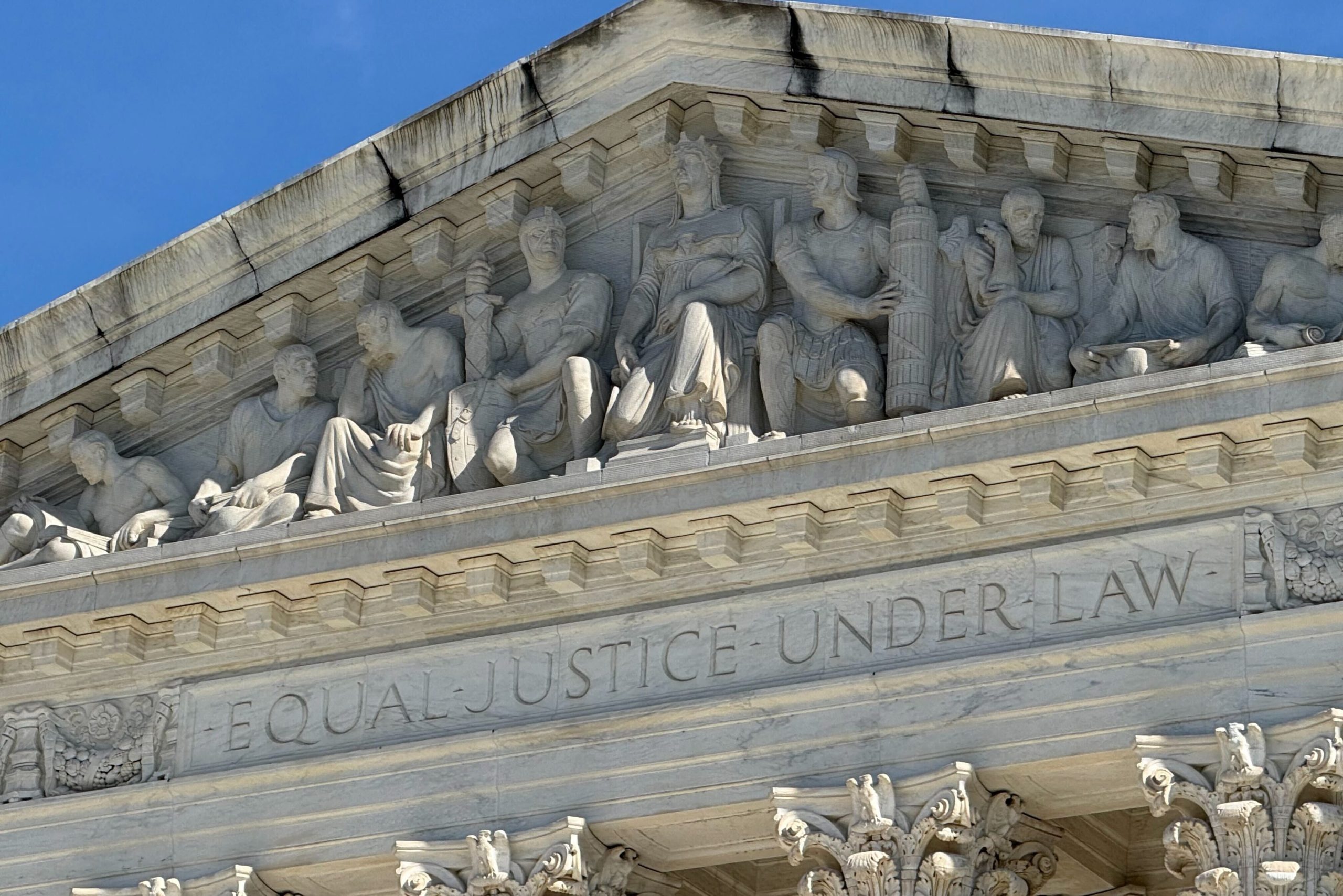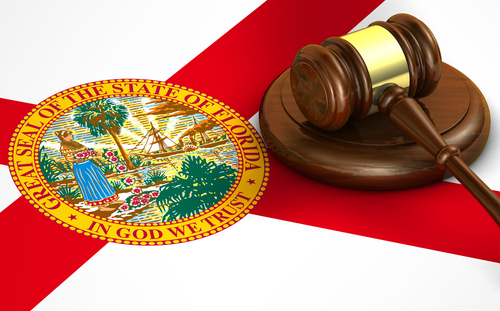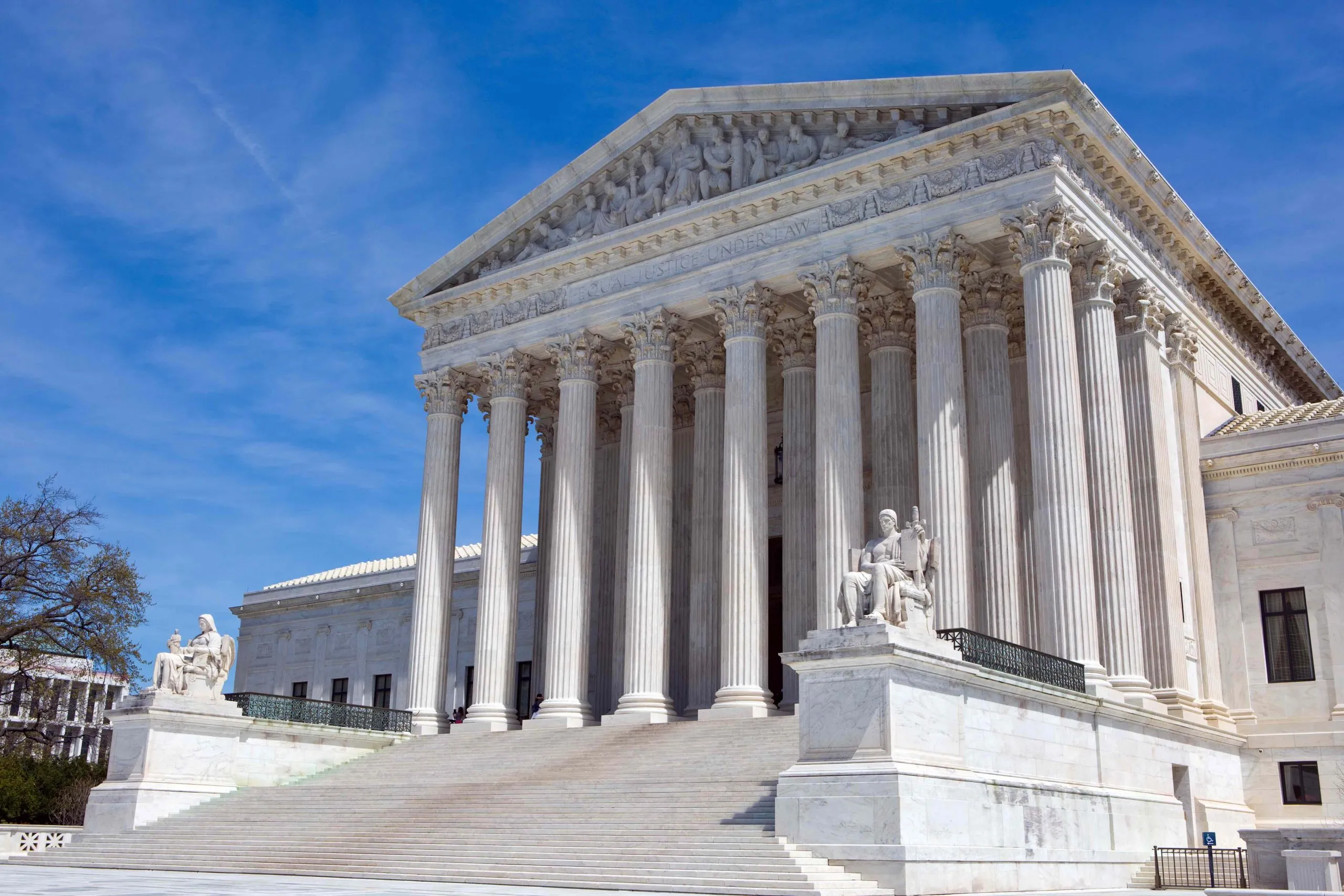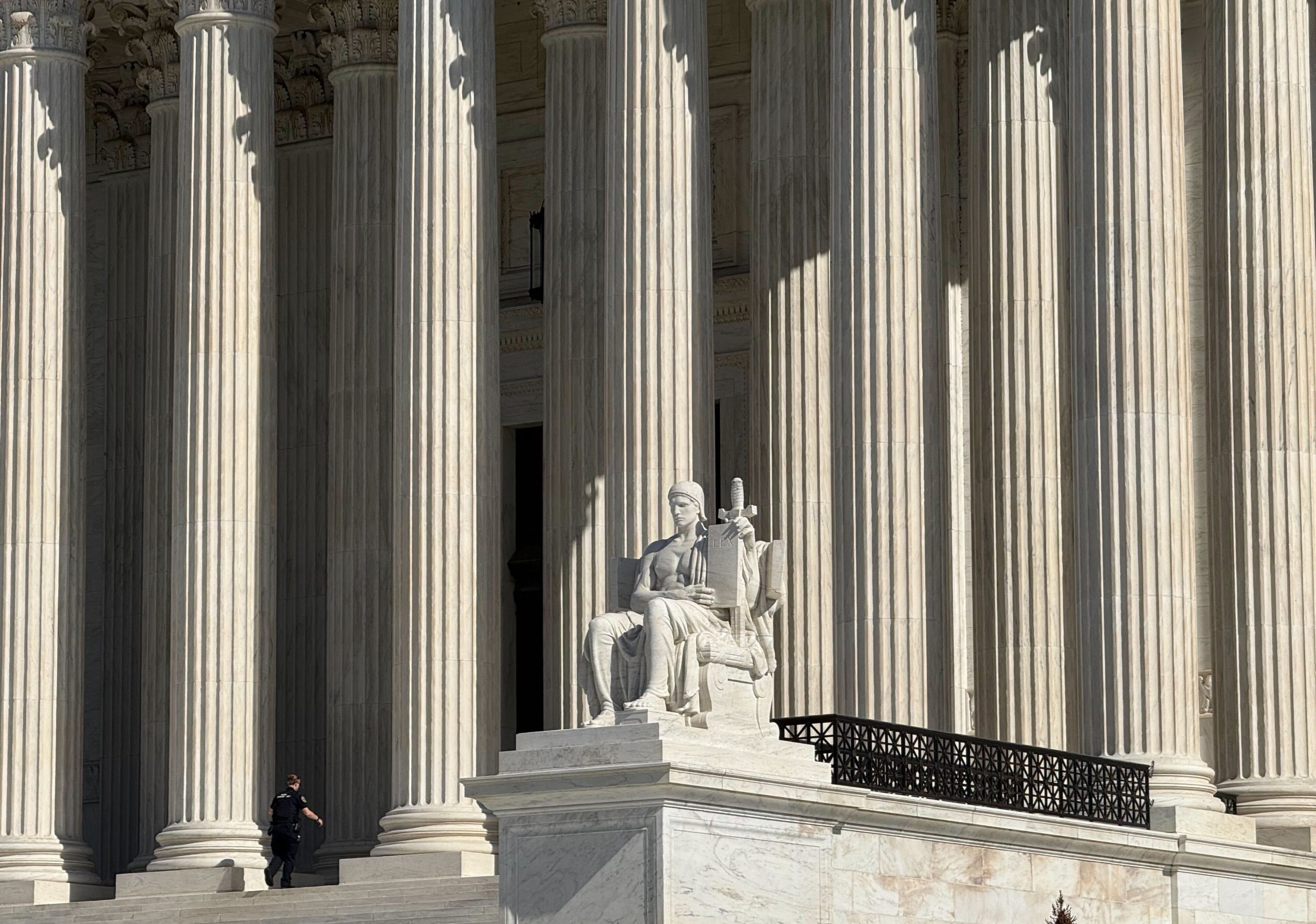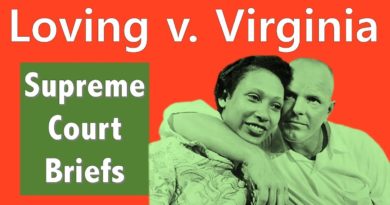Major
SCOTUS NEWS
The January argument schedule
Hewitt v. United States and Duffey v. United States (consolidated for one hour of oral argument) (Jan. 13) – Whether sentence reductions in the First Step Act apply to a defendant who was originally sentenced before the law was enacted but was then resentenced after the law’s enactment.
Stanley v. City of Sanford (Jan. 13) – Whether a former employee loses her right to sue under the Americans with Disabilities Act over discrimination in the provision of benefits that she earned while she was employed.
Thompson v. United States (Jan. 14) – Whether a federal law that makes it a crime to make a false statement to influence financial institutions and federal agencies prohibits statements that are misleading but not false.
Waetzig v. Halliburton Energy Services (Jan. 14) – Whether a district court can reopen a case that has been voluntarily dismissed under Federal Rule of Civil Procedure 41.
Free Speech Coalition v. Paxton (Jan. 15) – What standard of review should apply to a law burdening adults’ access to protected speech.
FDA v. R.J. Reynolds Vapor Co. (Jan. 21) – Whether a manufacturer can file a petition for review in a circuit where it does not reside or have its principal place of business as long as it is joined by a seller of its products that is located within that circuit.
McLaughlin Chiropractic v. McKesson Corp. (Jan. 21) – Whether the Hobbs Act required the district court to accept the Federal Communications Commission’s interpretation of the Telephone Consumer Protection Act.
Barnes v. Felix (Jan. 22) – Whether courts should use the “moment of the threat” doctrine, which looks only at the narrow window in which a police officer’s safety was threatened to determine whether his actions were reasonable for purposes of a claim that the officer used excessive force, in violation of the Fourth Amendment.
Cunningham v. Cornell University (Jan. 22) – The requirements to state a claim under a provision of the Employee Retirement Income Security Act that bars a plan fiduciary from knowingly engaging in a transaction that is an exchange of goods or services between the plan and anyone barred from doing business with the plan.
This article was originally published at Howe on the Court.

